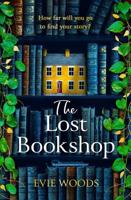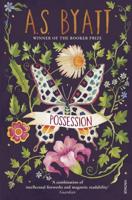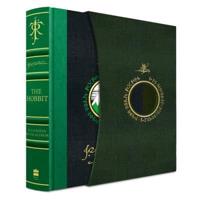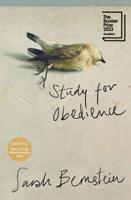Publisher's Synopsis
The Life of Charlotte Brontë is the posthumous biography of Charlotte Brontë by fellow novelist Elizabeth Gaskell. The first edition was published in 1857 by Smith, Elder & Co.. A major source was the hundreds of letters sent by Brontë to her lifelong friend Ellen Nussey. Gaskell had to deal with some sensitive issues. She toned down some of her material: in the case of her description of the Clergy Daughters' School, attended by Charlotte and her sisters, this was to avoid legal action from the Rev. William Carus Wilson, the founder of the school. The published text does not go so far as to blame him for the deaths of two Brontë sisters, but even so the Carus Wilson family published a rebuttal with the title "A refutation of the statements in 'The life of Charlotte Bronte, ' regarding the Casterton Clergy Daughters' School, when at Cowan Bridge". Although quite frank in many places, Gaskell suppressed details of Charlotte's love for Constantin Héger, a married man, on the grounds that it would be too great an affront to contemporary morals and a possible source of distress to Charlotte's still-living friends, father Patrick Brontë and husband.[1] She also suppressed any reference to Charlotte's romance with George Smith, her publisher, who was also publishing the biographyElizabeth Cleghorn Gaskell, 29 September 1810 - 12 November 1865), often referred to as Mrs Gaskell, was an English novelist and short story writer during the Victorian era. Her novels offer a detailed portrait of the lives of many strata of society, including the very poor, and are of interest to social historians as well as lovers of literature. Her first novel, Mary Barton, was published in 1848. Gaskell's The Life of Charlotte Brontë, published in 1857, was the first biography about Brontë. Some of Gaskell's best known novels are Cranford (1851-53), North and South (1854-55), and Wives and Daughters (1865). Gaskell was born Elizabeth Cleghorn Stevenson on 29 September 1810 at 93 Cheyne Walk, Chelsea. She was the youngest of eight children; only she and her brother John survived infancy. Her father, William Stevenson, was a Scottish Unitarian minister at Failsworth, Lancashire, but resigned his orders on conscientious grounds and moved to London in 1806 with the intention of going to India after he was appointed private secretary to the Earl of Lauderdale, who was to become Governor General of India. That position did not materialise, however, and instead Stevenson was nominated Keeper of the Treasury Records. His wife, Elizabeth Holland, came from a family from the English Midlands that was connected with other prominent Unitarian families, including the Wedgwoods, the Martineaus, the Turners and the Darwins. When she died 13 months after giving birth to her youngest daughter, she left a bewildered husband who saw no alternative for Elizabeth but to be sent to live with her mother's sister, Hannah Lumb, in Knutsford, Cheshire. .








